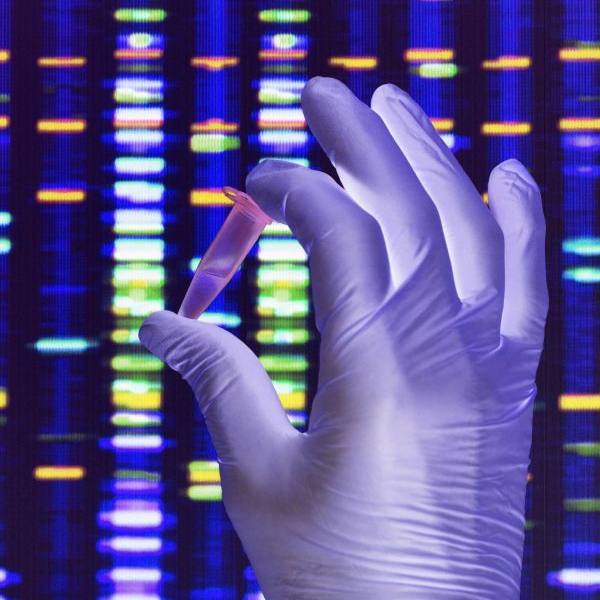-
Mayo Clinic engages Cerebras to deliver potent computing power, scale AI transformation

ROCHESTER, Minn. — Mayo Clinic, the world’s No. 1 hospital and a global leader in advancing trusted generative artificial intelligence (AI) healthcare applications, has announced a multi-year strategic collaboration with Cerebras Systems to develop multimodal large language models (LLMs) to improve patient outcomes and diagnoses.
The collaboration combines Mayo Clinic’s expansive repository of decades of deidentified clinical data with generative AI capabilities developed by Cerebras to train models to complement physicians’ expertise.
The LLMs will help clinicians review lengthy medical records and the multiple forms of data that are used in the diagnosis and care of patients. The collaboration will develop models trained on genomic data of more than 100,000 patients who have entrusted Mayo Clinic scientists for the benefit of research. High-powered computing of genetic data could help predict how specific patients will respond to treatments based on their genetic makeup and identify the right treatments faster.
“How do you make the right decision for each patient?” says Matthew Callstrom, M.D., Mayo Clinic’s medical director for strategy and chair of radiology. “You have to weigh all their individual health factors and have extensive experience making treatment decisions anticipating the outcome of therapeutic options. AI will augment that experience with data from millions of patient records.”
Mayo Clinic announced the collaboration at the 2024 J.P. Morgan Healthcare Conference, offering details on the first foundation model it will develop with the enablement of Cerebras’s generative AI computing capability: a multimodal model including genomic data. This solution will combine genomic data with deidentified data from patient records and medical evidence to explore the ability to predict a patient’s response to treatments to manage disease initially applied to rheumatoid arthritis. The model could serve as a prototype for similar solutions to support the diagnosis and treatment of other diseases.
###
About Mayo Clinic
Mayo Clinic is a nonprofit organization committed to innovation in clinical practice, education and research, and to providing compassion, expertise and answers to everyone who needs healing. Visit Mayo Clinic News Network for additional Mayo Clinic news.
Mayo Clinic has a financial interest in the technology referenced in this news release. Mayo Clinic will use any revenue from this collaboration to support its not-for-profit mission in patient care, education and research.



